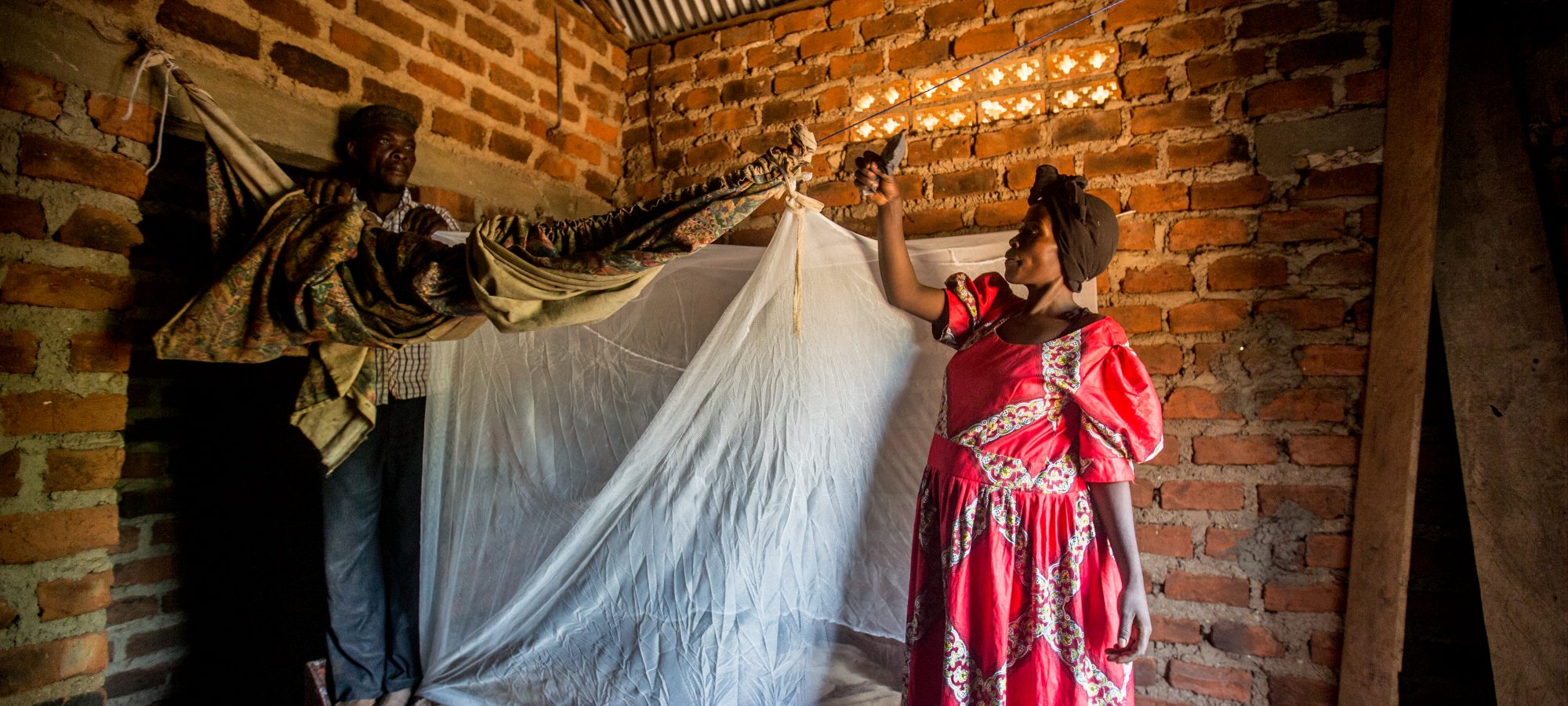In our latest photo story, we follow Madinah on her visit to an antenatal class at her local health centre. Scroll down to view.






























This is Madinah, an expectant mother from Mukungwe in south-western Uganda
She has benefitted from the antenatal services provided by her local health centre, which are being supported by Malaria Consortium via USAID’s Malaria Action Program for Districts (MAPD).
In Uganda, malaria accounts for up to 37% of hospital admissions. In remote communities like Madinah’s, where the nearest hospital can be hours away, it is vital services to combat malaria in pregnancy are provided closer to home.
After a short walk, Madinah is at her local health centre alongside other expectant mothers. Before seeing the nurse, she listens to a health education session which underlines why pregnant women are more vulnerable to malaria.
Pregnant women are particularly vulnerable as pregnancy reduces a woman’s immunity. In addition, contracting malaria during pregnancy can risk maternal anaemia, miscarriage, stillbirth, prematurity and low birth-weight babies.
Throughout her pregnancy, Madinah will attend antenatal sessions where she will be tested for malaria and receive at least three doses of preventive malaria medication (IPTp) from as early as the second trimester and continue to receive the medication monthly up until she gives birth.
With just a pin prick of blood, a rapid diagnostic test like this one can immediately determine if someone has malaria.
Following a test, Madinah receives her next dose of preventive malaria medication
All mothers are encouraged to take the dose while at the health facility where they are provided with water. It is then recorded in a ‘health passport’ provided by the Ministry of Health to keep track of the number doses received.
Madinah ends her antenatal visit at the health centre by being provided with a new long-lasting insecticide-treated net to protect her and her baby after it’s born. The net will last for three years before needing to be replaced.
Madinah is greeted back at home after visit to the health centre by her husband, Hussein.
Hussein is a farmer, mainly growing coffee. He supports his wife by fetching water and cleaning the house while she is away at the health centre.
Hussein helps his wife to unpack her new net and put it up around her bed.
The net provides Madinah and her baby with immediate protection from mosquitoes while she sleeps. The net, coupled with the medication and health education she receives at the health centre, helps to ensure Madinah has a healthy pregnancy.
Malaria Consortium supports many mothers like Madinah to protect themselves and their babies from malaria and its consequences. This is just one of MAPD's activities that take place across 43 districts in Uganda to protect and improve the health of vulnerable mothers, babies and children.
To learn more about the project, click here.
Ashley Giles is Senior Communications Officer at Malaria Consortium. Photos by Edward Echwalu.
